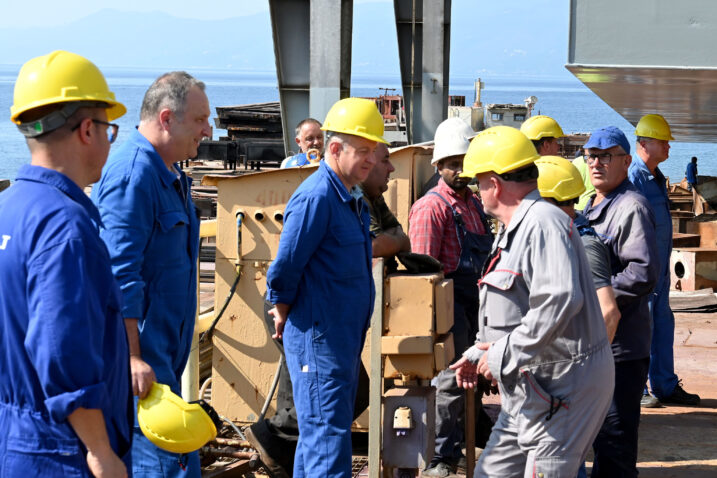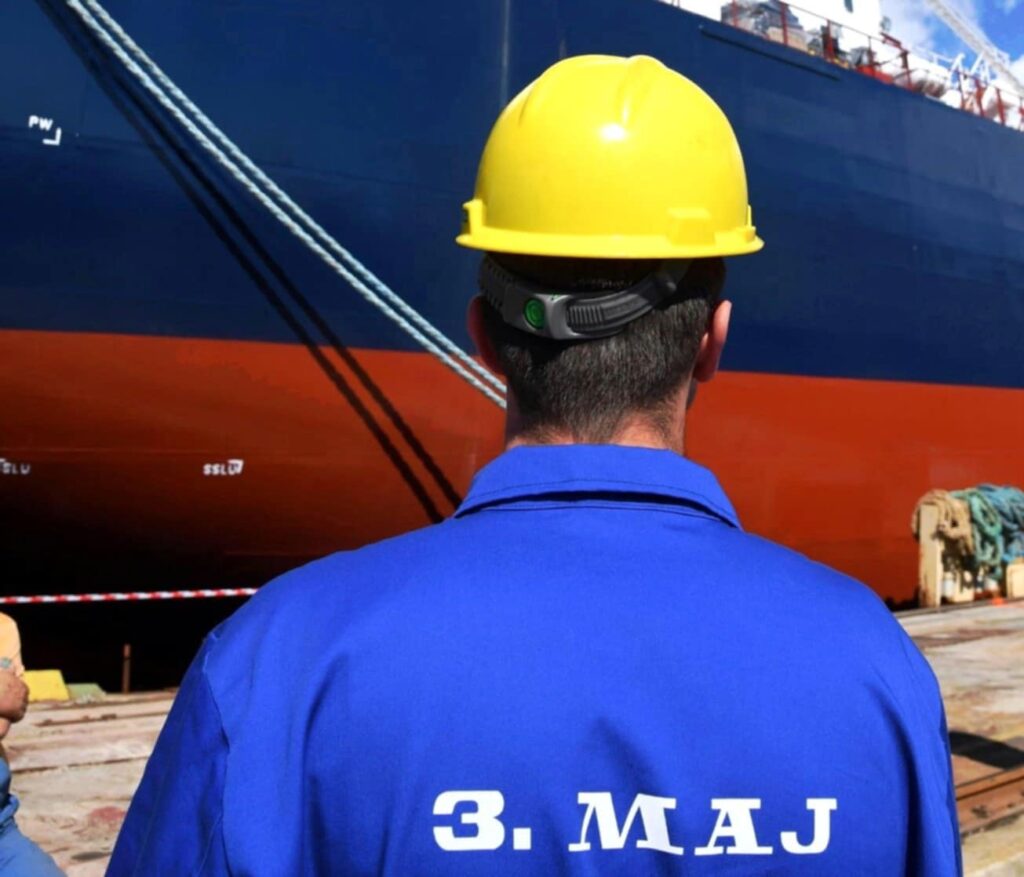The Croatian government wants to relaunch the long-declining plant by entrusting it to a private company
The Croatian government has decided to begin the sale process of the historic “3. Maj 1905” shipyard in Rijeka by early September. The decision is contained in a recent resolution that also provides for the approval of a loan to support the company’s operations, which has been struggling for some time according to Shipping Italy
CERP, the Center for Restructuring and Privatization, which manages the state-owned company, will be responsible for initiating the sale process within 45 days. This is a long-awaited step, given the need to revitalize one of the symbols of Croatian shipbuilding, severely affected by years of underinvestment in infrastructure, machinery, and equipment.

In parallel with the decision to initiate privatization, the government approved a €1 million loan, drawn directly from CERP funds, to support the most urgent and essential production activities. According to the Croatian press, some of the shipyard’s main cranes, including those involved in the construction of a cruise ship commissioned by Scenic, have been out of order for months. Part of the loan will likely also be used for maintenance of the historic 300-ton Krupp crane, a symbol of the shipyard and the city itself.

The loan, according to the government, will serve to stabilize the shipyard’s operations, laying the foundation for future privatization and the entry of a potential strategic partner. This is a transitional but necessary measure, in line with the objectives of the law on the management of state assets.
Strong reputation in the shipbuilding sector
It is noteworthy that Croatia has a long-term tradition and strong reputation in the shipbuilding sector which used to be a major employer in the Adriatic country some 20 years ago. However, amidst strong competition on the global shipbuilding market only a few of the big Croatian shipyards have survived.
Their operations have been drastically reduced and transferred into spin-offs, which are struggling with debts and blocked accounts that impact their liquidity and disables them to finish on time vessels under construction, triggering further penalties and losses. The government has often had to step in, providing state guarantees and capital in support of the construction of new vessels and now, as owner, it needs to invest in maintaining the value of the shipyards.
Related :Rijeka Gateway to be fully powered by renewable electricity




